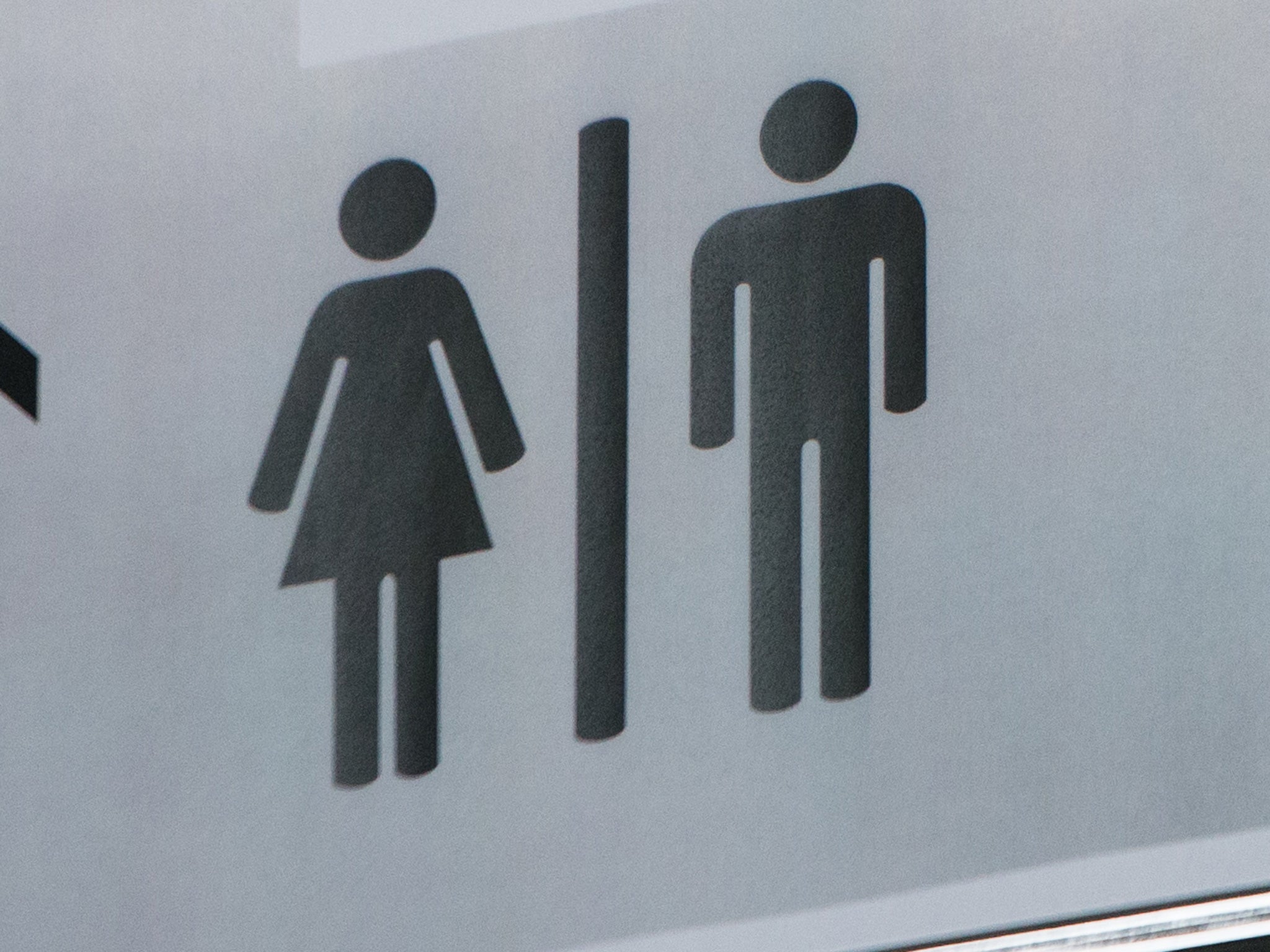Spend a penny, spend a pound: why toilets must be free
Station toilets are only the latest example of austerity taking the piss

There’s gold in urine, it turns out. A Freedom of Information request into the revenue raised from pay-to-pee train station toilets revealed London Victoria station topped £2.3m last year, while Euston and King’s Cross netted £1.8m and £1.4m respectively. In the case of Liverpool Lime Street, more than half of the £400,000 raised by ransoming the public’s bladders was kept as profit.
Charging for toilets is never popular. Any barrier usually has a cluster of annoyed travellers scrabbling for coins in their pockets, sighing while jabbing at the change machine – but that doesn’t make these schemes any less profitable. Footfall is high, bladders relentless, and cumbersome luggage makes it difficult to trek elsewhere. If you don’t want to spend a penny (or 50) while figuratively doing so, the chances are you’re out of luck.
For more than a decade, public toilets have been closing across the country, as council budgets are slashed and squeezed. There’s no legal obligation to provide public conveniences, so in straitened times, public loos are often the first thing to go. Eight local authorities in the UK now provide no public toilets at all, and the Great British Toilet map, an interactive by the Royal College of Art, showing where you can go when you need to, well, go, illustrates the extent of the problem.
One former public toilet in Spitalfields was put on the market for £1m earlier in the year, pitched as, inevitably, a “unique investment opportunity”. Meanwhile, a new trend for cocktail bars in former lavatories, using urinals and toilets as ironic and outlandish features – something that might have come straight out of Nathan Barley – has become as popular as you’d expect it to be in 2015. Every inch of public space is a potential money-spinning opportunity in an overheated housing market – so it’s no surprise that, to many, a closed toilet represents an investment opportunity rather than a personal inconvenience.
But our vanishing public toilets aren’t just a small annoyance. My gripe is not with being charged for the opportunity to try and force my hips through a metal barrier that looks more like a torture device, only to find there’s no tissue in the toilet anyway. For many people, disappearing public toilets, and the fact that many of the remaining ones charge, is a massive problem. Small children don’t grasp the small biological cues that tell them to pop to the loo before it’s urgent, older people and pregnant women don’t have the luxury of a stoic bladder, and disability can wreak havoc on your digestive system. Until you’re not in perfect health, it’s difficult to imagine the mental energy expended on assessing whether or not finding a toilet in the next two minutes will result in an excruciatingly embarrassing public accident that is out of your control.
Biology is fickle, but the pursuit of profit is ruthless. As well as making day-to-day life more difficult, the public toilet crisis also belies a growing trend. When money is tight, vital services we traditionally take for granted come under scrutiny. Does it make money? Could it make money? If the answer is no, the axe falls.
With so little to do for free in society any more – whether that’s borrowing a book, letting your children play on a climbing frame or using the loo – it’s questionable whether public space remains public at all, or simply an extension of private capital. Toilet cubicles should remain private, but public toilets should be egalitarian in their access.
Join our commenting forum
Join thought-provoking conversations, follow other Independent readers and see their replies
Comments
Bookmark popover
Removed from bookmarks